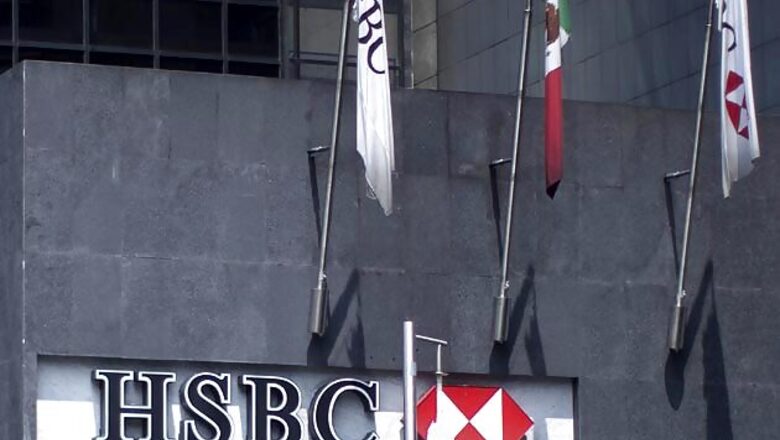
views
Washington: The head of compliance at Europe's largest bank resigned from his position and apologised on Tuesday after a Senate investigation found HSBC had lax controls that allowed Mexican drug cartels to launder billions of dollars through its US division.
David Bagley told the Senate investigations panel that he will remain at the London-based bank in a new role.
Other HSBC executives also apologised at the hearing, which focused on the bank's lapses. But all said they weren't fully aware of illicit transactions flowing through the bank.
The executives said the bank has made deep changes to its policies and corporate culture to prevent further exposure to illegal transactions.
But senators expressed skepticism. They noted that the problems persisted for seven years.
New policies "are all good steps" and apologies are welcome, said Sen. Carl Levin, chairman of the Senate Permanent Subcommittee on Investigations. But "accountability ... is essential as a deterrent and that accountability has been missing."
The panel released a report Monday that also found HSBC bank affiliates skirted US government bans against financial transactions with Iran and other countries, according to the report. And HSBC's US division provided money and banking services to some banks in Saudi Arabia and Bangladesh believed to have helped fund al-Qaida and other terrorist groups, the report said.
The report also blamed US regulators, saying they knew the bank had a poor system to detect problems but failed to take action.
Thomas Curry, the head of the Office of the Comptroller of the Currency that oversees HSBC's US operations, also apologized at the hearing.
Curry, who has been the Comptroller for only three months, said the agency will take "a much more aggressive posture" from now on.
Bagley has been the head of compliance at the bank since 2002. The Senate investigation found that HSBC's lack of oversight dated back that far.
Bagley said he lacked full authority over the bank's far-flung affiliates. Each had its own compliance officer. HSBC had a net income last year of $16.8 billion and operates in about 80 countries.
"HSBC has fallen short of our own expectations and the expectations of our regulators," Bagley testified, adding that he informed senior management that the time had come for someone else to oversee compliance.
The executive who headed HSBC's Mexican affiliate in 2007 and 2008 said he tried to clean up deficiencies he found in the operation.
But Paul Thurston told the panel: "We know we should have done this better, sooner."
Sen. Levin challenged Thurston. "This is something that people knew was going on at that bank," Levin said. "Why did people allow it to continue?"
Thurston said the Mexican bank, which HSBC had acquired in 2002, had been a "fast-growth" bank that lacked controls against money laundering.
Sen. Tom Coburn, the panel's senior Republican, said he found it hard to believe that HSBC executives didn't know what was going on.
The CEO of the US division of HSBC also apologized for weak oversight at the bank.
"We're burning the bridges to make sure no one can get back to the way it was before," said Irene Dorner, president and CEO of HSBC Bank USA, which has assets of roughly $210 billion.
Levin cited instances in past years in which HSBC — after being sanctioned by regulators — had promised to fix deficiencies but didn't carry through.
Levin said HSBC needs to identify which of its affiliates pose a high risk of problems and put them under close monitoring. The bank should consider closing the account of its Mexican affiliate, he said.
HSBC also should close its accounts with banks suspected of providing funding to terrorist groups, Levin said.
The US Justice Department said it is conducting a criminal investigation into HSBC's operations but declined to confirm that the bank is in settlement talks.
Levin also said the Office of the Comptroller of the Currency "tolerated" HSBC's weak controls against money laundering for years, and that agency examiners who raised concerns were overruled by their superiors.
"We could have, and we should have, taken action sooner," said Grace Dailey, who was a deputy comptroller in the agency at the time.



















Comments
0 comment